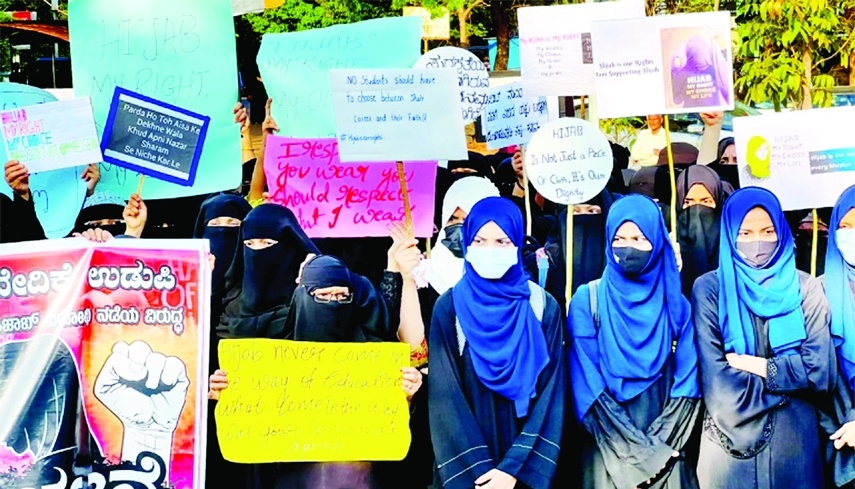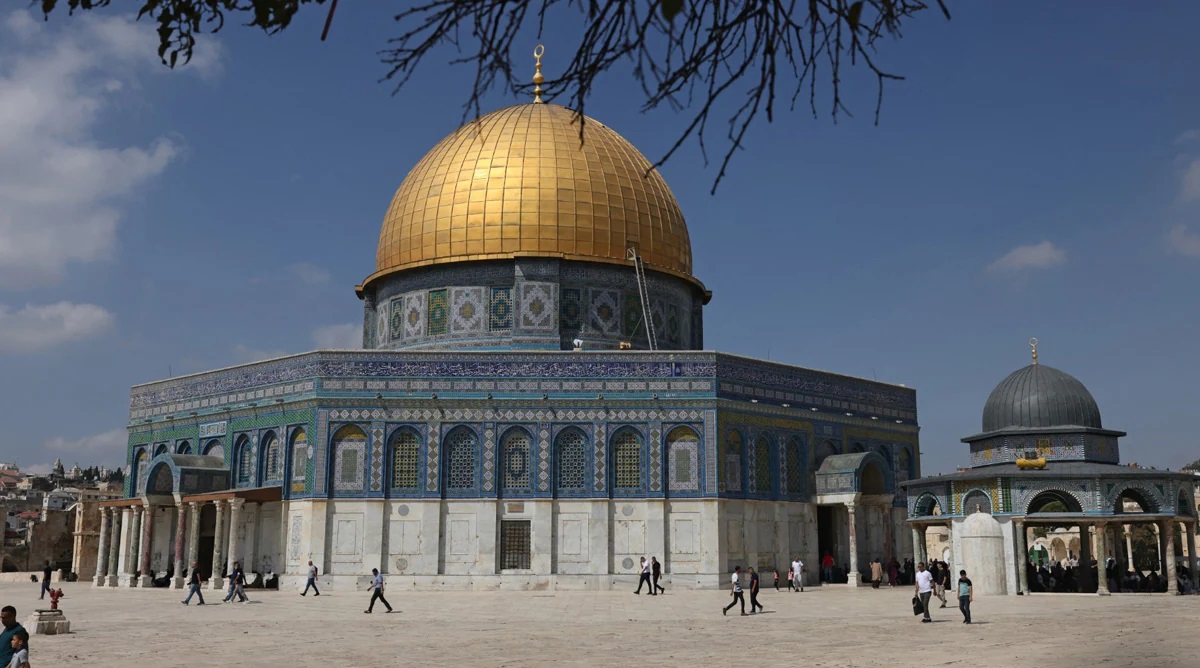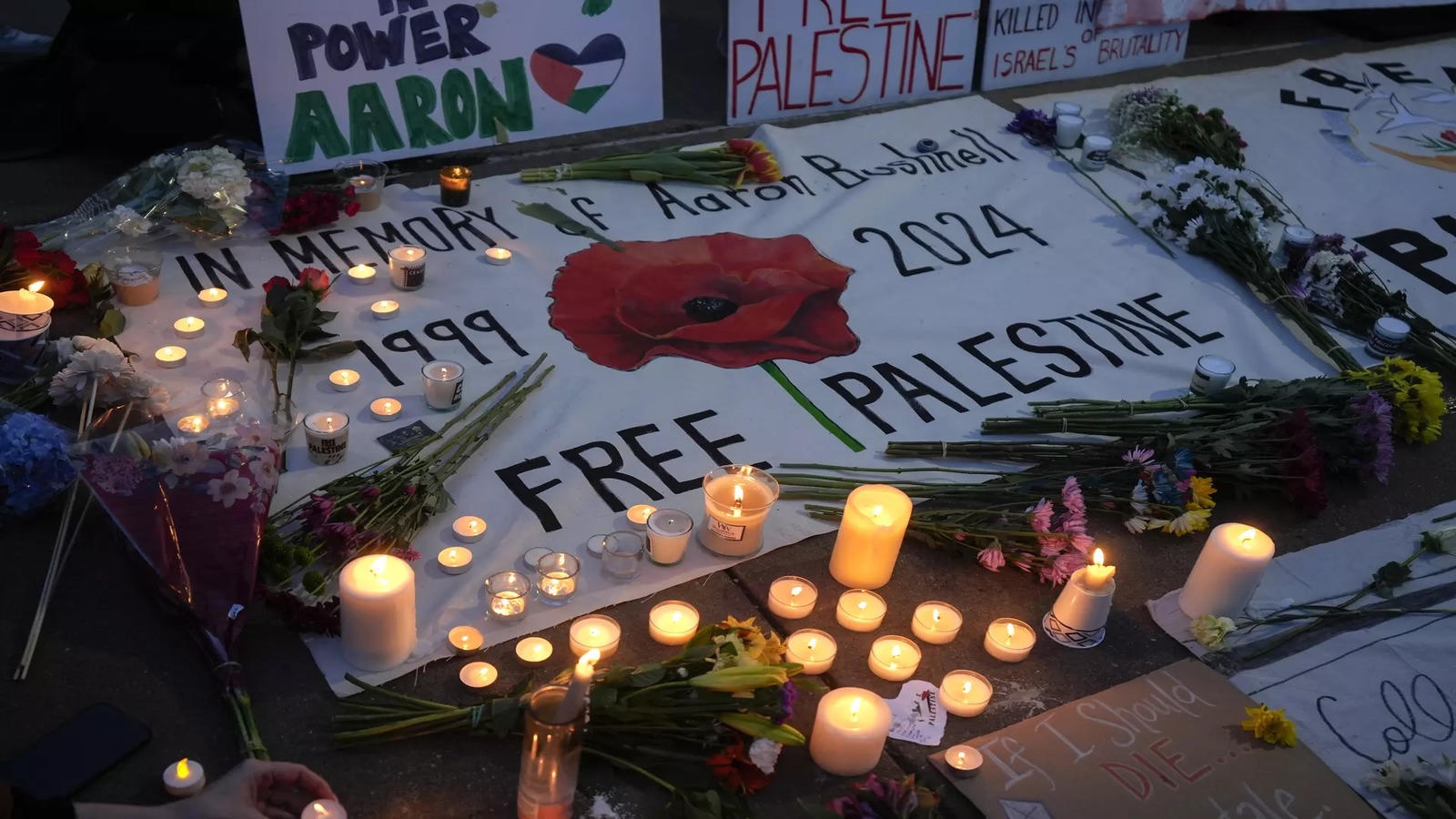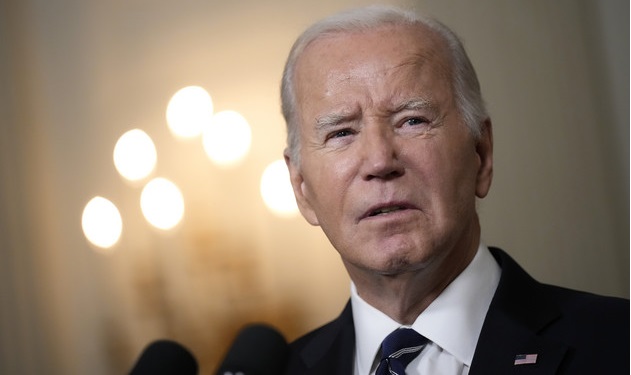UDUPI, India - An Indian court has said that students in the southern state of Karnataka should stop wearing religious garments in class until it makes a final ruling on whether a school there can ban Muslim head scarves, an issue that has stoked weeks of protests and violence and led the authorities to close schools across the state.
Muslim student organizations reacted with dismay to the statement issued late Thursday by the Karnataka High Court in Bangalore, the state capital. One said that students were being asked to "suspend their faith."
The ban on wearing the hijab, imposed by a school for girls in the city of Udupi, has become a flash point for the battle over minority rights in India. In January, parents of five students petitioned the court to overturn the ban, arguing that it violated the girls' right to an education and the free practice of their religion.
Last week, the government of Karnataka issued an order in support of the school's hijab ban. The Karnataka government is controlled by the Bharatiya Janata Party, led by Prime Minister Narendra Modi, a Hindu nationalist whose eight years in power have been marked by a rise in hate speech and religiously motivated violence.
Karnataka's chief minister, who closed schools this week because of the unrest, has said that 9th- and 10th-graders would
return to class on Monday, with a decision to be made later about 11th- and 12th-graders.
The court's final ruling on the ban could be days or weeks away. "We think it's really unfair to ask Muslim women to suspend their faith for a few days while the court completes its hearing," Fawaz Shaheen, national secretary of the Students Islamic Organization of India, a Delhi-based group with over 9,000 members, said of the court's Thursday statement.
The conflict began in September at a college preparatory institution for girls in Udupi, a city in southwestern Karnataka. When several Muslim students showed up in hijabs, some teachers whose class they tried to attend turned them away and marked them absent for the day, according to the petition. In prior years, wearing head scarves at the school had not been an issue, according to one of the petitioners.
The students' parents encouraged their daughters to stand their ground, according to their lawyer, Mohammed Tahir. They continued to wear the hijab after the school, Government Women's PU, moved in January to ban it on campus, saying it violated the school's dress code. The school issued the prohibition after meeting with a local lawmaker from Mr. Modi's Bharatiya Janata Party, or B.J.P.
"Then the issue started blowing up," Mr. Tahir said. "Whenever students would go in hijab, they wouldn't be allowed inside the compound, too, let alone the classroom."
In recent weeks, the students have been met at the campus gates by scores of boys and men wearing saffron - the color most associated with Hinduism, often worn by supporters of Hindu nationalism - and shouting slogans such as "Hail Lord Ram," referring to the Hindu god.
The unrest also spread to at least a dozen other campuses in the state. On Tuesday, officials ordered schools to close for three days as the police struggled to respond to intensified demonstrations.
At one campus, a boy climbed a flagpole, hoisting a saffron flag as others in saffron scarves cheered below, according to video from local TV news reports. At an engineering school, video showed, a girl arriving in a hijab and robe was met by a large group of boys shouting Hindu slogans. She shook her fist at them.
As the formerly fringe view that India should become a more explicitly Hindu state has found a mainstream advocate in Mr. Modi, Amnesty International and other human rights watchdogs have warned that religious animosity could spiral out of control, perhaps even emboldening Hindu extremists to commit genocide against India's Muslims, who make up about 15 percent of the country, and 13 percent in Karnataka.
Secularism is a cornerstone of India's Constitution, but the line between the state and religion has blurred in recent years, with a saffron-robed Hindu monk at the helm of the government in the state of Uttar Pradesh, and the prime minister seen on television performing Hindu rituals and prayers, observers said.
"What does the government think secularism is in general in public space? This is what must also be argued in court," said Karuna Nundy, a constitutional lawyer.
"If the government wants to take a stand against public displays of religion, it has to take that stand in all cases," she added. "Otherwise it is just naked persecution of minor girls and playing out religious politics on girls' bodies and denying them education."
The hijab conflict is an effort to polarize southern India, political analysts said. While coastal Karnataka is considered a stronghold of the B.J.P. and its ideological fountainhead, a volunteer organization known as the R.S.S., opposition parties mostly hold power in the region.
"They are soft targets," Raviraj, a media studies professor in Udupi who goes by one name, said of the students.
"This is the R.S.S. and B.J.P.'s way of stamping their authority in the universities and targeting first-time young voters," he said. India's Constitution protects religious practice unless it interferes with morality, health or public order. The B.J.P.-controlled state government said in its February order that the students' hijabs did just that. After the parents appealed the decision to the High Court, a single-judge bench considered which right had primacy: the students' right to religious expression or the government's right to check it when it says law and order has been affected.
The issue of wearing the hijab in school has come up before in India. In 2018, a High Court judge in the southernmost state of Kerala decided that a private Christian school had the right to bar its students from wearing head scarves.
On Tuesday, at Mahatma Gandhi Memorial College in Udupi, students in hijabs and colorful backpacks stood outside the wrought-iron campus gates, demanding to be allowed inside.
Among them was Leefa Mahek, an 11th-grade student who said her head scarf had not been mentioned as a problem by administrators when she was admitted to the school a year ago. With only two months left in the school term, she said she was worried that the ban was jeopardizing her future.
"Last minute they are trying to pour water over our hard work," she said. "They can't do this."
Arsheen, a final-year commerce student who uses only one name, said that she had worn the hijab in colors matching the school uniform - baggy brown pants and a long pink and white blouse - each of the three years she had attended the school.
"Hijab is our right, and nobody can make us give it up," she said.
The female students were quickly encircled by dozens of boys and young men in orange scarves and turbans shouting Hindu slogans.
"We are protesting here for equality," said Manjunath Shenoy, an 11th-grade boy who studies commerce.
"Girls come to the college wearing hijab, and that does not signal equality," he added, "so we came wearing saffron shawls. Everyone must look equal. And if they are following their religion, so will we."
At a tea shop across from the school, two engineering students from a nearby college were glued to their smartphones, watching video footage of the protests. Darshan Mahipal, a 19-year-old who is a member of several right-wing Hindu nationalist groups on social media, cast the dispute as a religious battle.
"I think the Hindus will win this war," he said, glancing up from his phone. "After all, it is about the oldest religion in the world."
Sorce: The New York Times















